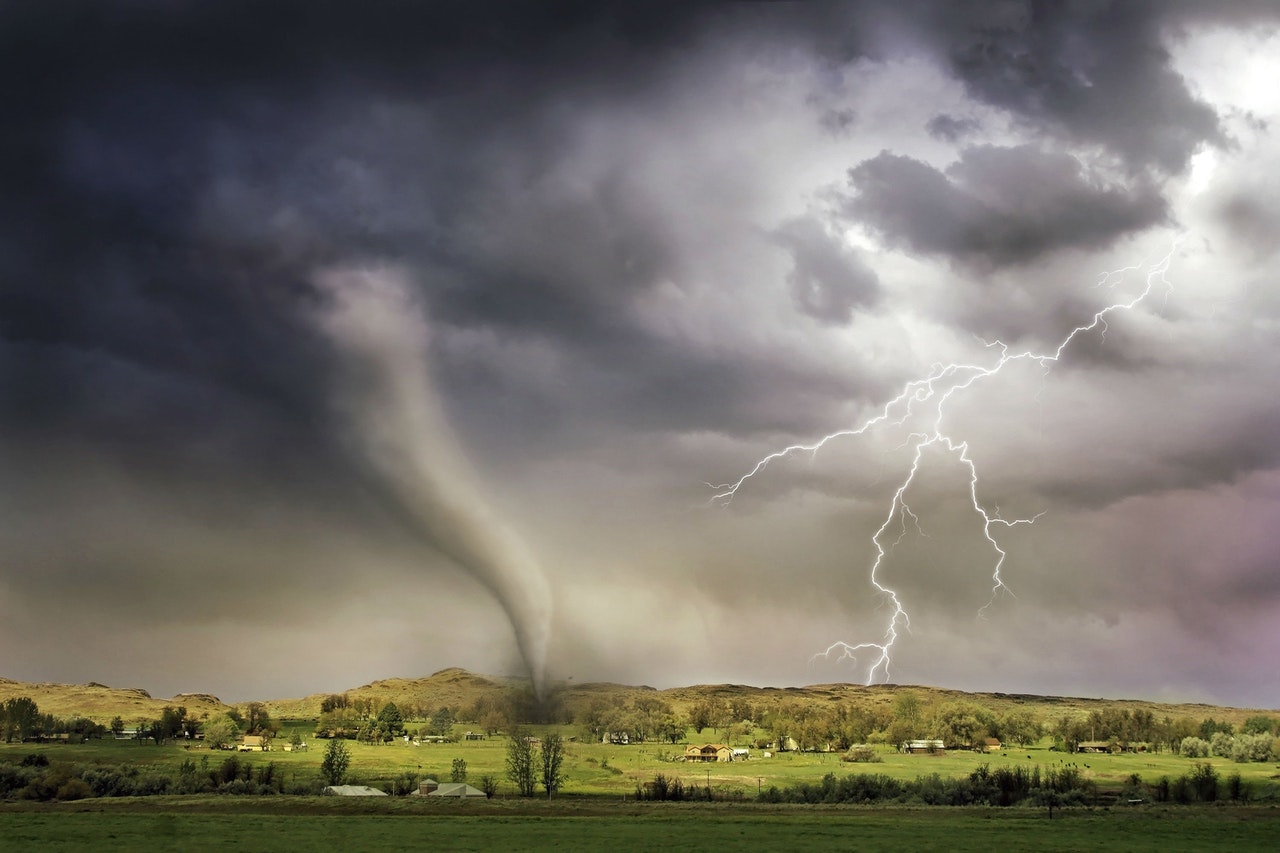Fires are a devastating and all-too-common occurrence that can wreak havoc on our homes, businesses, and communities. Even with advanced warning systems and modern firefighting techniques, the damage caused by fires can be catastrophic. While it may be impossible to completely eliminate the risk of fire, there are steps that we can take to protect our homes and properties from its destructive power.
In this blog post, we will discuss 6 practical tips that you can follow to safeguard your property against fire. These simple yet effective measures can help prevent fires from starting, slow their spread, and ultimately save lives and property. Let’s dive in.
Install Smoke Alarms
Smoke alarms are a critical first line of defense against fires. They are designed to detect smoke and alert occupants of a property, giving them precious time to evacuate and call for help. Make sure to install smoke alarms in every room of your home or business, especially near bedrooms and areas where fires are most likely to start (e.g. kitchen).
It is also important to regularly test and maintain smoke alarms. For instance, you can contact experts to monitor your fire alarm systems for proper functioning. Additionally, replace the batteries every year and replace the entire unit every 10 years to ensure they are working properly when needed most.
Be sure to also have a plan in place for what to do if your smoke alarm goes off – designate a meeting spot outside the property and practice fire drills with your family or employees.
Keep Flammable Items Away from Heat Sources
Flammable items such as curtains, blankets, and paper are all too common in our homes and businesses. By keeping these items away from heat sources such as stoves, fireplaces, and space heaters, you can significantly reduce the risk of a fire starting.
Be mindful of where you place objects in your home or workspace and ensure that they are at a safe distance from any potential heat sources. It is also important to properly dispose of flammable items and store them in designated areas, away from potential ignition sources.
Practice Proper Electrical Safety
Electrical fires are one of the leading causes of house fires. To reduce this risk, make sure all electrical wiring and outlets are in good condition and up to code. Avoid overloading outlets with too many appliances or electronics and replace any damaged cords or frayed wires.
It is also important to be cautious when using extension cords, as they can easily become overloaded and pose a fire hazard. Regularly check your electrical appliances for any signs of damage and have them repaired or replaced if necessary.
Clean Your Chimney Regularly
If you have a fireplace or wood-burning stove, it is crucial to regularly clean your chimney to prevent the buildup of creosote (a highly flammable substance) and other debris. These materials can easily ignite and cause a chimney fire, which can quickly spread to the rest of your property.
It is recommended to have your chimney professionally cleaned at least once a year, and more frequently if you use it often. Regularly inspect your chimney for any signs of damage or blockages and address them immediately to avoid potential fire hazards.
Create a Fire Escape Plan
In the event of a fire, every second counts. That’s why it is essential to have a well-thought-out escape plan in place for your home or business. This should include designated escape routes, an emergency meeting spot outside the property, and any necessary equipment (e.g. fire ladder) to aid in the evacuation process.
Make sure all occupants are familiar with the plan and regularly practice fire drills to ensure a quick and safe evacuation if needed. It is also important to have a backup plan in case the primary escape route is blocked or inaccessible.
Have Adequate Insurance Coverage

Even with the best preventative measures in place, fires can still occur. That is why it is essential to have adequate insurance coverage for your property. This will provide financial protection in the event of fire damage and help you recover and rebuild.
Be sure to review your insurance policy regularly and make any necessary updates or additions to ensure that you are adequately covered. It is also important to keep a detailed inventory of your possessions and their value, as this will help with the claims process if you ever need to file a fire damage claim.
Fires can be devastating, but by following these 6 practical tips, you can better protect your property against their destructive power. By installing smoke alarms, keeping flammable items away from heat sources, practicing proper electrical safety, regularly cleaning your chimney, creating a fire escape plan, and having adequate insurance coverage, you can significantly reduce the risk of a fire starting and mitigate its damage if one does occur. Remember to regularly review and update these measures, as well as educate your family or employees about fire safety, to ensure the highest level of protection for your property.










